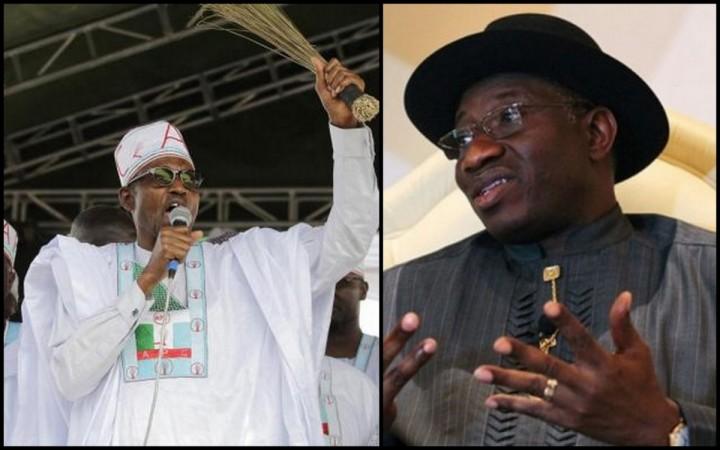
The 2015 General Elections in Nigeria that will be held two weeks from now are going to be one of the most closely contested presidential election in the country's history.
Boko Haram insurgency has remained a major topic of concern for the Nigerians and the voters this year will be looking at someone who can ensure peace and stability in the country.
It has long been assumed that the 2015 Nigeria elections will see a major battle between incumbent President Goodluck Jonathan and the lead opposition candidate, Major-General Muhammadu Buhari.
While Jonathan, a Christian, enjoys major support from the oil-producing Niger Delta, his opponent Buhari is a Muslim northerner, who is worshipped as a hero in his home belt.
The Nigerian General Elections that are scheduled to be held on 28 March will be one of the closest watched electoral in the world.
Here are some interesting aspects from the 2015 General Elections in Nigeria:
- This is only the fifth time that the country is holding an electoral process to select its president.
- Nigeria is literally a 'young' electoral state as it has been mere 16 years that power was handed back to a civilian government, after the military rule ended in 1999.
- Since 1999, the ruling People's Democratic Party (PDP) had contested unchallenged. However, with 2015 elections, much is expected to change.
- The 2015 General Elections in Nigeria is a major trending topic on social media. Under Twitter hashtag #NigeriaDecides and #Nigeria2015, hundreds of Nigerians have been posting about the issues affecting the country.
- In a first, Nigeria, which is sub-Saharan Africa's largest economy and home to almost 180 million people, will be using a new biometric voting technology, aimed at eliminating doubles from the 2015 Nigerian election voter list.
- In total 14 candidates will be contesting in the Nigerian elections.
- The support for Buhari is growing on grounds of his promise that he will be able to end the violent Boko Haram insurgency that has killed over 10,000 Nigerians and rendered 1.5 million homeless.
- Nigerian exit polls too have predicted that Buhari will be able to get 72% of the votes, while President Jonathan's party will be able to get a mere 25% vote.
- A report in The Economist had listed Buhari as "the least awful" option among the other candidates.
- But a major point of concern against Buhari is his past record. After taking power in a military coup, Buhari had ruled Nigeria from 31 December 1983 to 27 August 1985. His brief reign as the head of state was marred with unlawful arrests, suppression of freedom of speech and economic blunders.

















